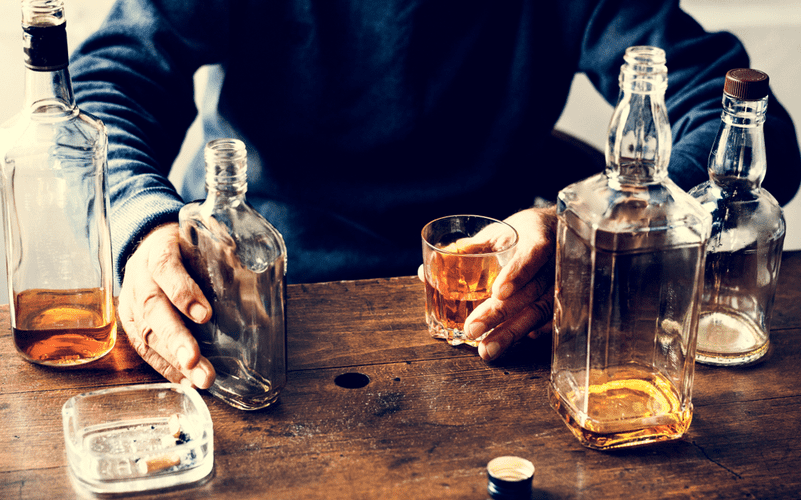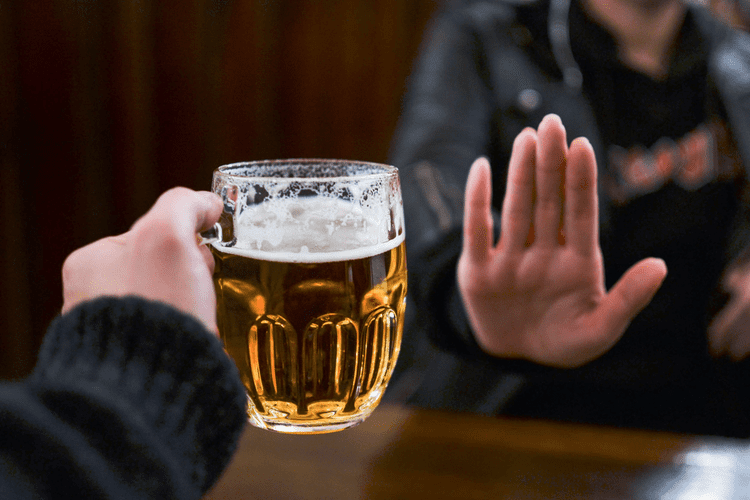In this post, we’ll explore the current science and some practical ideas on how to approach the topic. In other words, their behavior, rather than your reaction to their behavior, becomes the focus. It is only when they experience their own pain that they will feel a need to change.
- Finally, people with deficits in executive function also may be unable to regulate their own mood, making them more sensitive to stress.
- A large majority of Republican voters who responded to the Berkeley poll opposed the measure, raising concerns about how Proposition 1 would fare in an election with higher GOP turnout.
- Understanding why alcohol leads to trouble for many, but not most, people exposed to it is the goal of research on the cause (i.e., etiology) of alcohol abuse and alcoholism.
- Rather than face the feelings, they are using the substance to “regulate” themselves.
You may need to seek treatment at an inpatient facility if your addiction to alcohol is severe. These facilities will provide you with 24-hour care as you withdraw from alcohol and recover from your addiction. Once you’re well enough to leave, you’ll need to continue to receive treatment on an outpatient basis.
What Is An Alcoholic?
Experts continue to debate the benefits and risks of drinking and passionately argue over whether moderation or complete abstinence is the best option for those who struggle with alcoholism. People with alcohol use disorder will continue to drink even when drinking causes negative consequences, like losing a job or destroying relationships with people they love. They may know that their alcohol use negatively affects their lives, but it’s often not enough why are people alcoholics to make them stop drinking. Alcohol use disorder is a pattern of alcohol use that involves problems controlling your drinking, being preoccupied with alcohol or continuing to use alcohol even when it causes problems. This disorder also involves having to drink more to get the same effect or having withdrawal symptoms when you rapidly decrease or stop drinking. Alcohol use disorder includes a level of drinking that’s sometimes called alcoholism.
Although most people abstain or drink safely, a sizable minority of the population abuses alcohol. Understanding why alcohol leads to trouble for many, but not most, people exposed to it is the goal of research on the cause (i.e., etiology) of alcohol abuse and alcoholism. It is already clear that some vulnerability to developing alcohol-related problems is conveyed genetically, and animal research has indicated that inheritance can take many forms. Studies in mice have demonstrated that various individual genes or groups of genes can shape very distinct responses to alcohol, such as a preference for alcohol over water, sensitivity to alcohol’s intoxicating effects, and the tendency to develop tolerance to it.
People Become Alcoholics for a Reason
People with this reaction experience drinking alcohol as less pleasurable than others do, and they have lower drinking rates. Researchers have examined parenting and family environment in an attempt to understand both the transmission of alcoholism from generation to generation and the causes of alcohol use and misuse in the wider population. In general, low levels of parental emotional support and a lack of control and monitoring of child behavior are linked to other adolescent problem behaviors, such as smoking and early sexual activity. However, although many of these provisional QTLs will be subsequently confirmed by more refined studies, an unknown number will likely be found on further examination to be false positives. In addition, researchers are concerned about the potential for false negatives, or missing QTLs that are really there. Therefore, subsequent confirmation of provisional QTLs using other approaches is a statistical necessity.

Alcoholics Anonymous defines this as “a physical compulsion, coupled with a mental obsession to consume alcohol,”in which cravings for alcohol are always catered to, even at times when they should not be. By Toketemu Ohwovoriole
Toketemu has been multimedia storyteller for the last four years. Her expertise focuses primarily on mental wellness and women’s health topics. Even after formal treatment ends, many people seek additional support through continued involvement in such groups.
The Role of Parenting and the Family Environment
In this study, people were asked about alcohol consumption in the past month, general reasons for drinking, and current stress. Ideally, alcohol consumption, reasons for drinking, and environmental circumstances would all refer to the same specific event (cf. Corcoran & Parker, 1991). A diary or in-depth interview study would allow for the use of more sensitive measures than were possible in the large-scale survey described here. Qualitative research which examines the complex interplay of individual, social, and situational factors would be of particular value. This study’s results suggest that a strong belief in either coping or social reasons for drinking alcohol puts individuals at risk for abusing alcohol, especially when the appropriate environmental circumstances arise. Women who have alcohol-use disorders often have a co-occurring psychiatric diagnosis such as major depression, anxiety, panic disorder, bulimia, post-traumatic stress disorder (PTSD), or borderline personality disorder.
To learn more about alcohol treatment options and search for quality care near you, please visit the NIAAA Alcohol Treatment Navigator. The consequences of alcohol consumption, how to examine your patterns, and how to start to curb them. After satisfying careers – Marilyn as a dental nurse and Ray as a fireman – and bringing up https://ecosoberhouse.com/ three children, they were enjoying their retirement. Both did voluntary work, Marilyn in a charity shop and Ray as a mentor at the local secondary school. They didn’t have a lot of money but enjoyed long rambles in the countryside, as part of a local group, liked to socialise, and relished spending time at their allotment.
Dodging Discomfort: Alcohol as Escape
Still, travelers across the U.S. are expected to come out in droves for the annual spring fling, with travel volume ahead of spring break up 6% compared to the same time period in 2023, according to the TSA. Over time, we may start to drink not because we’re already feeling bad but because we’re worried we might feel bad later, like taking a drink before bed to avoid lying awake worrying. By the end of the month, the measure teetered with only 50% support in a UC Berkeley Institute of Governmental Studies poll co-sponsored by the Los Angeles Times.

